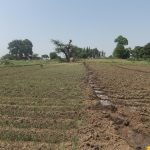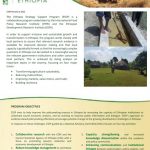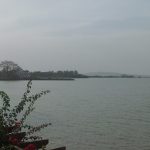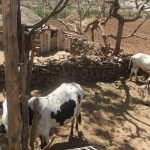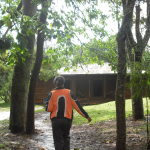Improving household resilience is becoming one of the key focus and target of social protection programs in Africa. However, there is surprisingly little direct evidence of the impacts of social protection programs on household resilience measures. We use five rounds of panel data to examine rural households’ resilience outcomes associated with participation in Ethiopia’s Productive […]
ESSP Brochure 2022
The new IFPRI-ESSP 2022 Brochure summarizes: • The Program Objectives • Strategic Policy Research Areas • Collaboration and Partnerships • Capacity Strengthening and Outreach Download the PDF
Evaluating the impact of multi-intervention development projects: The case of Ethiopia’s community-based integrated natural resources management project
This paper provides a quantitative impact assessment of the community-based integrated natural resources management project (CBINReMP) in the Lake Tana region in Ethiopia during 2011-2019. By promoting greater community participation, the CBINReMP provided support to watershed communities for the restoration of degraded soils and water sources, rehabilitation of forests, as well as in obtaining access […]
Dairy value chains during the COVID-19 pandemic in Ethiopia: Evidence from cascading value chain surveys before and during the pandemic
New ESSP Working Paper by Kalle Hirvonen, Yetmwork Habte, Belay Mohammed, Seneshaw Tamru, Gashaw Tadesse Abate and Bart Minten. Abstract: We combine in-person survey data collected in February 2018 with phone survey data collected in June and September 2021 to study how dairy value chains in Ethiopia have coped with the COVID-19 pandemic. Focusing on […]
Delivery of social protection programs to combat COVID-19 in Africa
The COVID-19 pandemic has prompted governments across the world to introduce unprecedented lockdowns and other restrictions on mobility to slow the spread of coronavirus and to avoid overwhelming healthcare systems. While often necessary, these measures have led to well-documented disruptions in economic activity (World Bank 2020e). Consequently, many experts and international organizations have raised serious […]
- « Previous Page
- 1
- …
- 4
- 5
- 6
- 7
- 8
- …
- 19
- Next Page »
